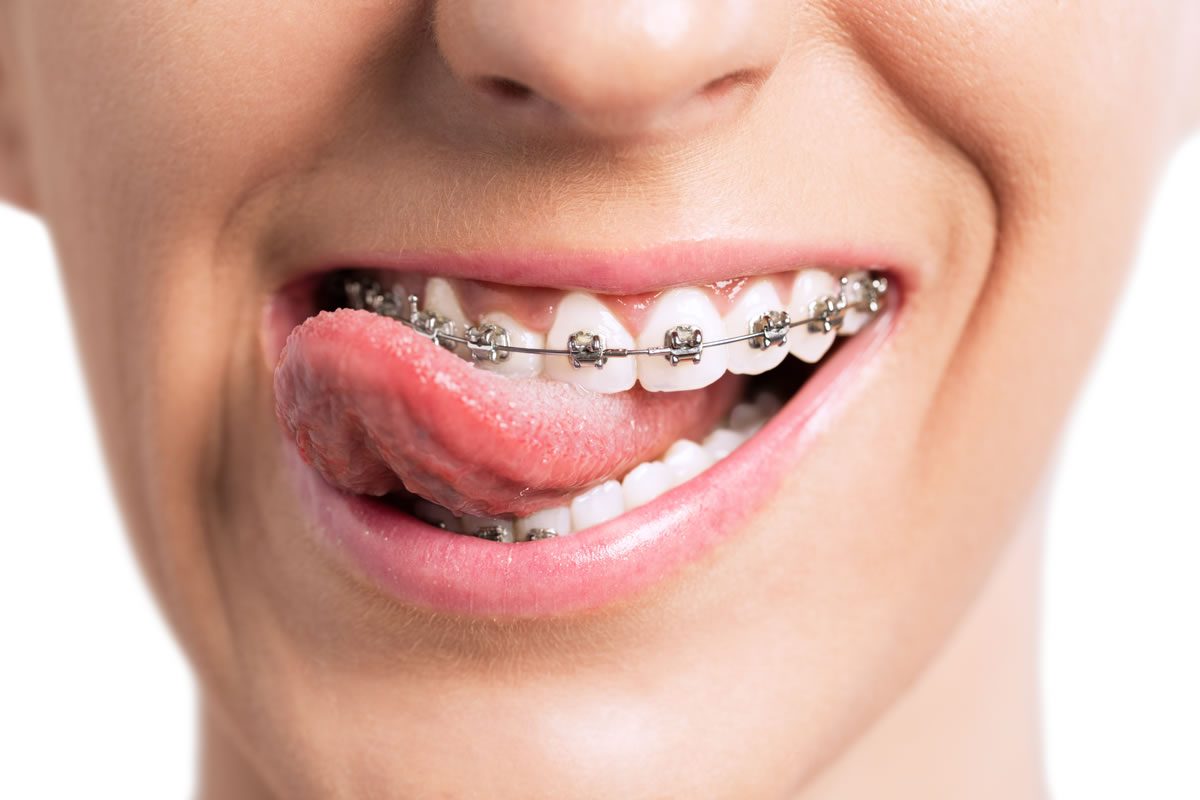The 7-Minute Rule for Causey Orthodontics
Table of ContentsThe smart Trick of Causey Orthodontics That Nobody is DiscussingExcitement About Causey OrthodonticsThe smart Trick of Causey Orthodontics That Nobody is DiscussingExcitement About Causey OrthodonticsThe Ultimate Guide To Causey OrthodonticsThe Ultimate Guide To Causey OrthodonticsGetting My Causey Orthodontics To Work
What is the difference between a dentist and an orthodontist? All dentists, consisting of orthodontists, deal with the teeth, periodontals, jaw and nerves.
Orthodontists and dentists both supply dental take care of individuals. Orthodontists can operate in a dental office and use the very same treatments as various other dental experts. You can think of both medical professionals that treat periodontal and teeth troubles. The major distinction is that becoming an orthodontist needs a specific specialized in treating the misalignment of the teeth and jaw.
The Of Causey Orthodontics
An orthodontist is a dental expert that has actually undergone training to specialize in the medical diagnosis, prevention and treatment of abnormalities in the jaw and teeth. They can likewise determine potential issues in teeth placement that may develop when problems are left neglected (orthodontist expert).
This consists of all the needed education to end up being a general dentist. According to the American Pupil Dental Association (ASDA), it means you will require to have either a Physician of Medication in Dental Care (DMD) or a Physician of Oral Surgery (DDS). Simply put, orthodontists require to complete oral school and afterwards acquire an orthodontics specialized education.
Some orthodontists additionally get their masters in craniofacial biology. orthodontist expert (https://soundcloud.com/causeyortho7). Several oral colleges give minimal orthopedic training and instruction, which is why basic dental professionals require to head to orthodontic college after college graduation. Orthodontic residency programs offer extensive training for this kind of oral field of expertise. These programs concentrate on 2 specific areas or techniques: Dentofacial Orthopedics: This research concentrates on leading teeth and jaw advancement.
Top Guidelines Of Causey Orthodontics

 The total goal of an orthodontist is to improve a person's bite. Not everybody is birthed with straight teeth, and an orthodontist will make sure that clients get equally spaced straight teeth.
The total goal of an orthodontist is to improve a person's bite. Not everybody is birthed with straight teeth, and an orthodontist will make sure that clients get equally spaced straight teeth.
The Causey Orthodontics Ideas
The American Organization of Orthodontists recommends your first check up by age 7. You'll require to see your orthodontist if you have an imbalance in your teeth, likewise called malocclusion. If you observe uneven bite patterns, a slightly askew jaw, or when your teeth are chock-full, you will likely require orthodontic therapy.
At Advanced Orthodontics, we provide patients with a holistic treatment experience. In enhancement, we use adjustable treatment schedules, adaptable repayment choices and a fun, delightful experience. Call ( 480) 357-4900 today to learn more and timetable a consultation.
An orthodontist is a dental expert trained to identify, prevent, and treat teeth and jaw abnormalities. Orthodontists work with individuals of all ages, from kids to grownups (http://localsadvertised.com/directory/listingdisplay.aspx?lid=22048).
The Of Causey Orthodontics
Malocclusion, or misaligned teeth, can lead to oral issues, including tooth degeneration, gum tissue disease, and tough or uncomfortable eating. Not everybody is born with straight teeth. If you have a negative bite or large rooms in between your teeth, you may intend to get in touch with a dental expert concentrating on orthodontic care.
(Picture Credit Rating: DigitalVision/Getty Images) Orthodontists make use of repaired and detachable dental gadgets, like braces, retainers, and bands, to change the setting of teeth in your mouth. Orthodontic therapy is for dental abnormalities, including: Crooked teethBite problems, like an overbite or an underbiteCrowded teeth or teeth that are also far apartJaw misalignmentThe objective of orthodontic treatment is to enhance your bite.
More About Causey Orthodontics

All orthodontists are dental professionals, but not all dental practitioners are orthodontists. Orthodontic residency programs supply extensive, focused guideline for dental experts. They concentrate on two locations: How to effectively and safely move teeth Exactly how to properly lead advancement in the teeth, jaw, and faceOnce an orthodontist has actually completed training, they have the choice to become board accredited.
Malocclusion leads to tooth overcrowding, a misshapen jaw, or uneven bite patterns. Malocclusion is generally treated with: Your orthodontist affixes metal, ceramic, or plastic square bonds to your teeth.
Causey Orthodontics for Beginners
If you have only small malocclusion, you may be able to use clear dental braces, called aligners, rather than traditional braces. Some individuals require a headwear to assist relocate teeth right into line with stress from outside the mouth. After braces or aligners, you'll require to use a retainer. A retainer is a custom-made device that keeps your teeth in location.